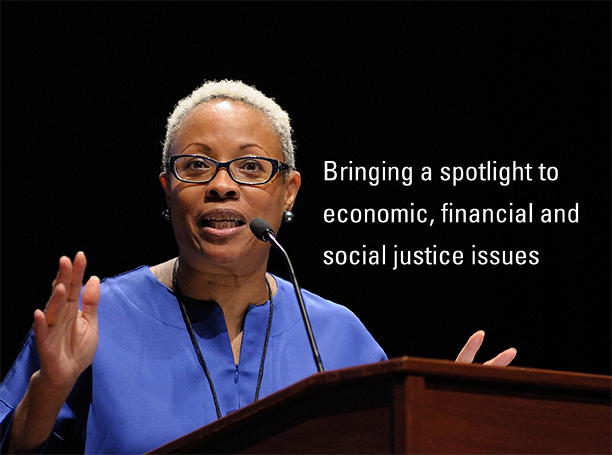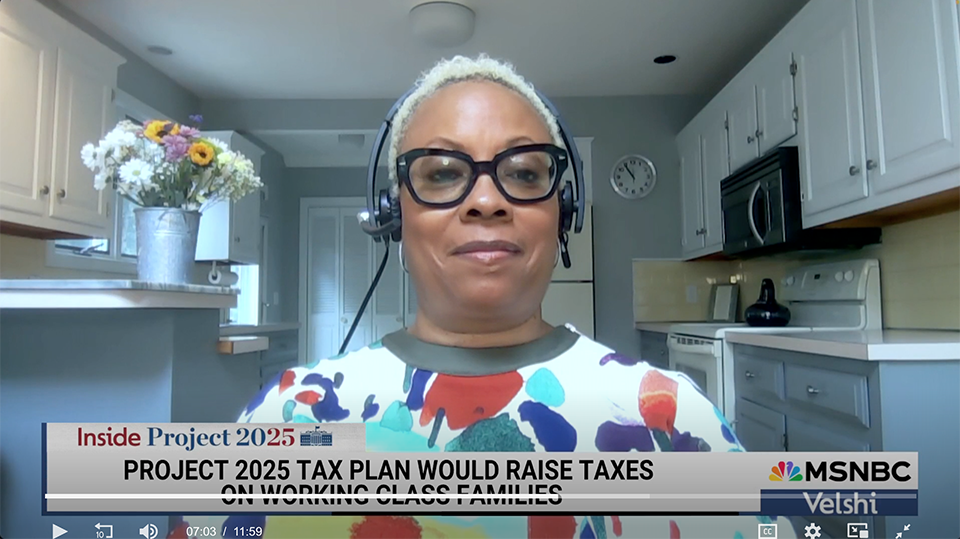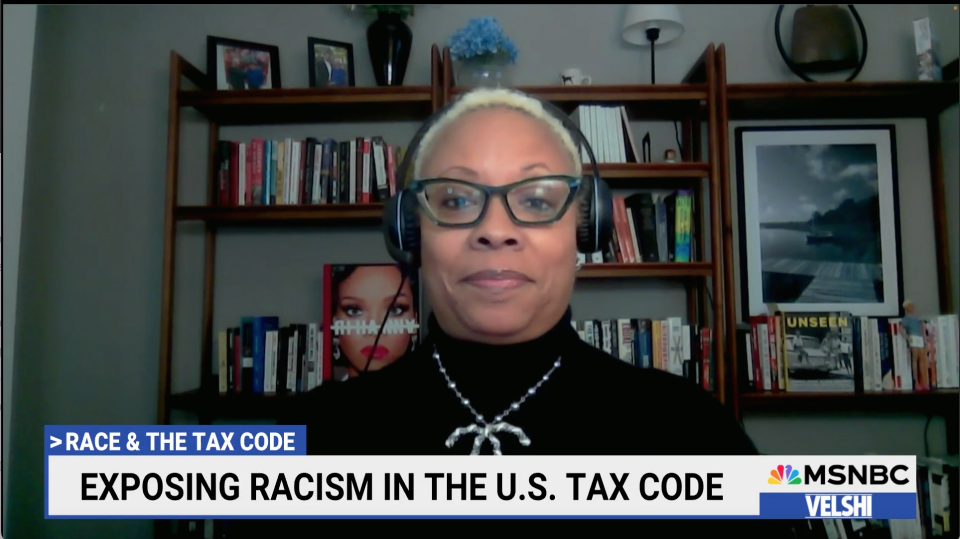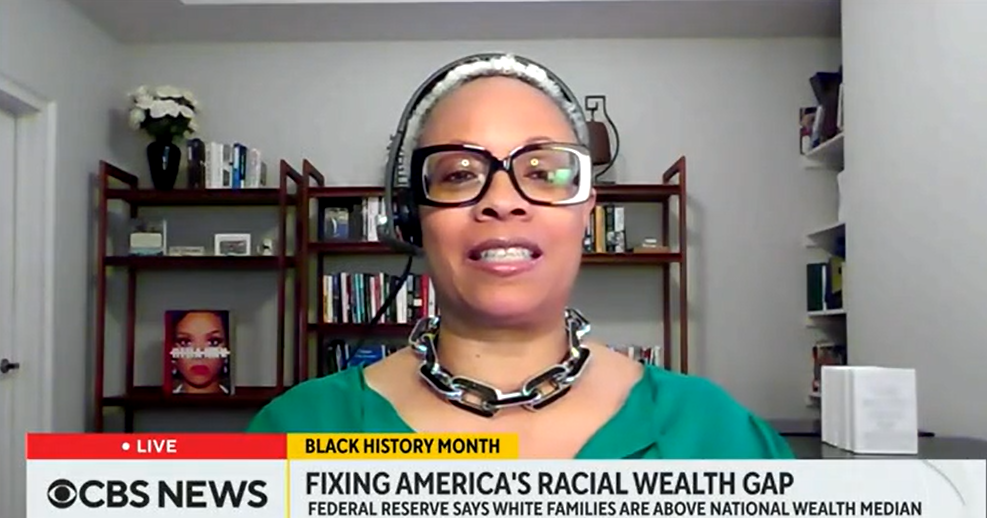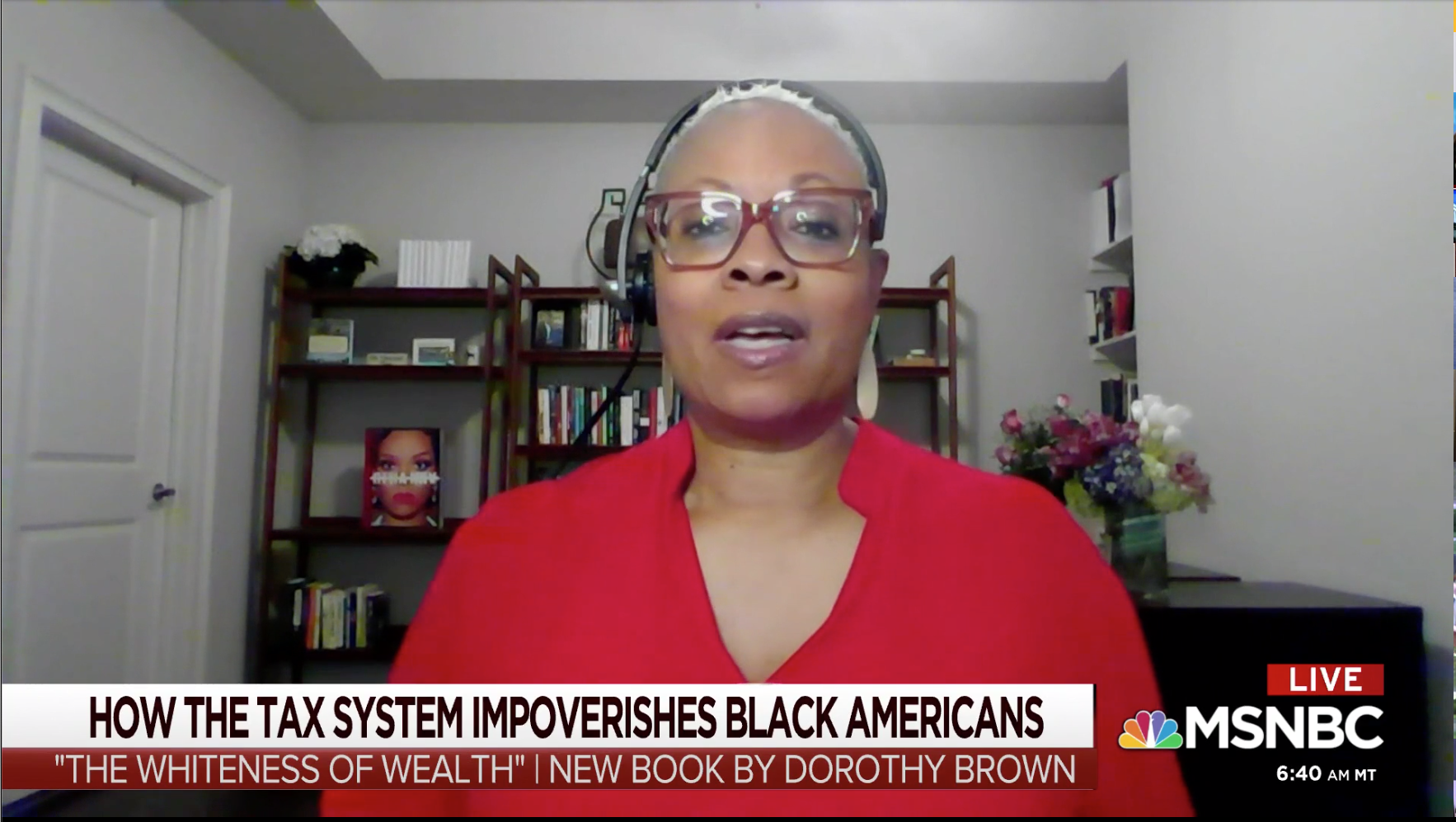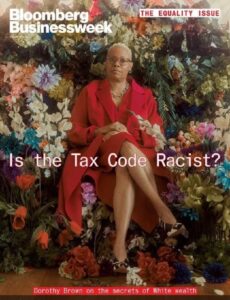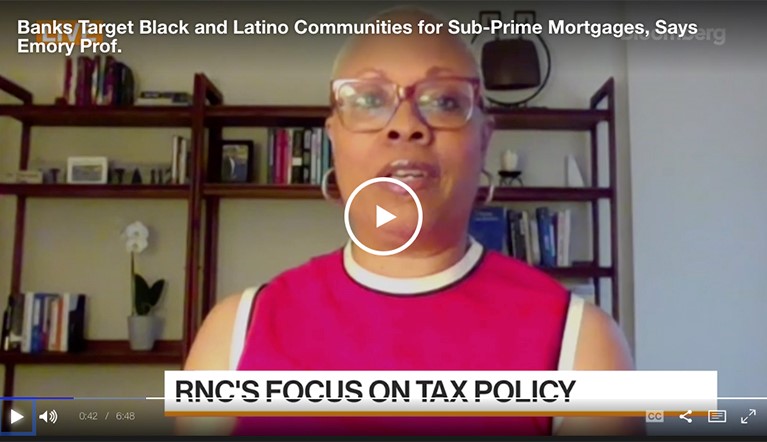Dorothy’s New Book released March 23, 2021.
THE WHITENESS OF WEALTH: How the Tax System Impoverishes Black Americans – and How We Can Fix it.
In The Whiteness of Wealth, Brown draws on decades of cross-disciplinary research to show that tax law isn’t as color-blind as she’d once believed. She takes us into her adopted city of Atlanta, introducing us to families across the economic spectrum whose stories demonstrate how American tax law rewards the preferences and practices of white people while pushing black people further behind.
“Important reading for those who want to understand how inequality is built into the bedrock of American society, and what a more equitable future might look like.”
“This enlightening book is a vital companion to The New Jim Crow, The Color of Wealth, and Evicted, for how it reimagines everything you thought you knew about U.S. social policy.”
“This book is a tour de force. With clarity and conviction, Dorothy Brown reveals how U.S. tax policy sustains and deepens the wealth gap between black and white Americans. As I read The Whiteness of Wealth, I found myself shaking my head as I eagerly turned the pages and shouting ‘damn’ with each revelation. If we are finally to address the long history of racism in this country, we must grapple with the arguments of Brown’s powerful book. This is a MUST read for these troubling times.”
“I couldn’t put it down! Dorothy Brown skillfully weaves her analysis of the racial bias in tax law with compelling personal stories of both Black and White taxpayers as well as policy recommendations for how to bring equity to our tax system.”
“At once passionate and analytical, The Whiteness of Wealth is a bracing contribution to the history of policy racism that takes us to the heart of taxation’s effects on patterns of economic distribution.”
Bloomberg Business Week March 15, 2021
Dorothy Brown has spent her career as a law professor documenting racism in a tax system that’s supposedly colorblind. Check her out in the cover feature on Bloomberg Business Week, March 10, 2021 discussing her new book – The Whiteness of Wealth.
“The book also serves as something of a primer on how wealth works in America, showing how the rich pass assets to their children and why those starting from the bottom face such a difficult climb. Brown devotes her final chapter to advice for Black readers trying to navigate a system that disadvantages them at every turn. “Black Americans need to be defensive players,” she writes, “choosing strategies in their educations, careers, and family lives that compensate for oppressive practices and policies.”
The MLK50 Symposium.
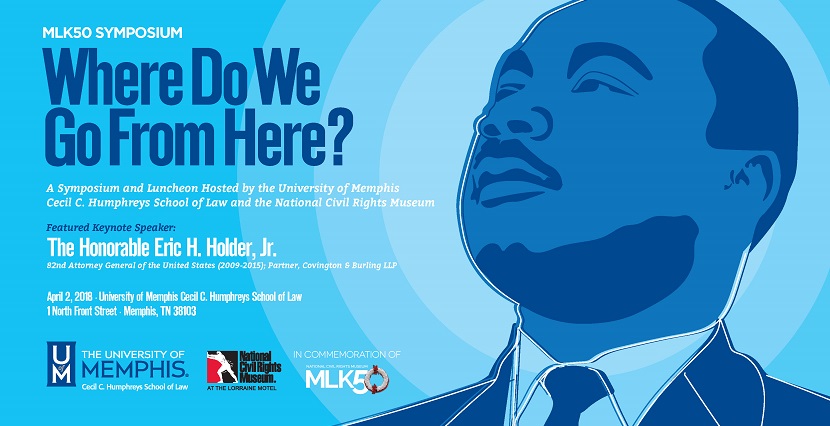 At the MLK50 Symposium hosted by the University of Memphis Law School, Dorothy spoke about her forthcoming essay: Homeownership in Black and White: The Role of Tax Policy in Increasing Housing Inequity. Attorney General Eric Holder was the luncheon Keynote Speaker, pictured with Dorothy, below.
At the MLK50 Symposium hosted by the University of Memphis Law School, Dorothy spoke about her forthcoming essay: Homeownership in Black and White: The Role of Tax Policy in Increasing Housing Inequity. Attorney General Eric Holder was the luncheon Keynote Speaker, pictured with Dorothy, below.
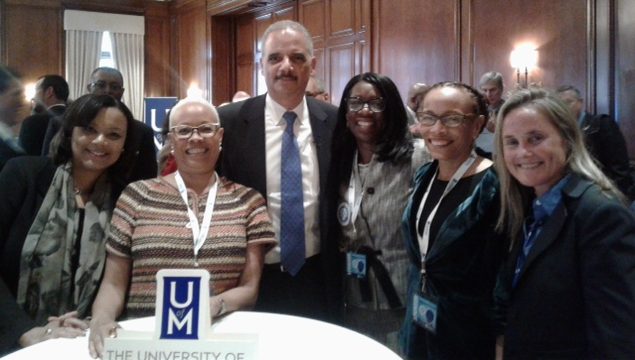
Media Appearances
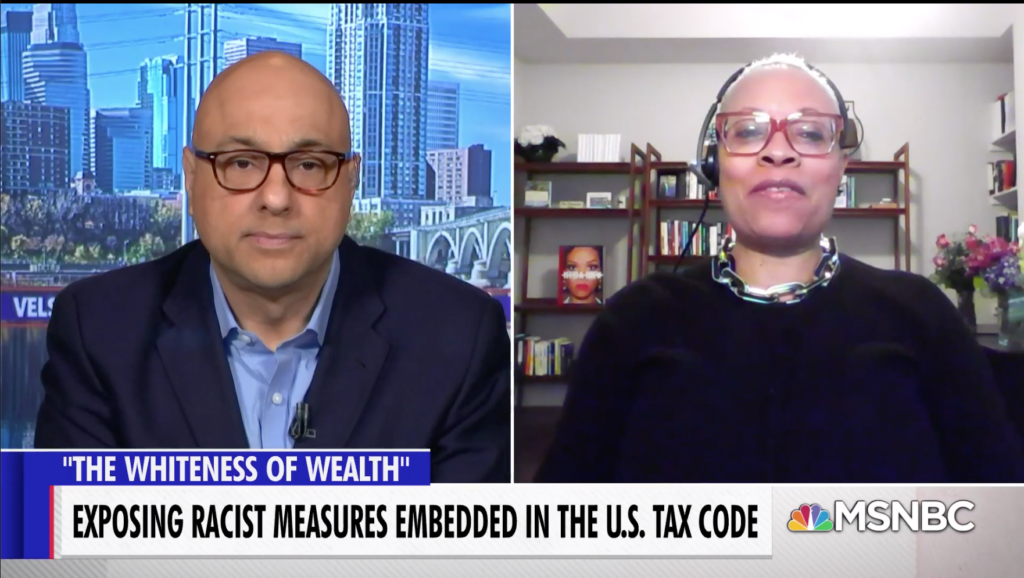
Dorothy is available to comment on current events dealing with race, class, or social justice. Media Appearances
Research & Scholarship

Dorothy’s research addresses 3 distinct fields: tax policy effects by race and class; workplace equity and inclusion; and law school reform. Research & Scholarship


